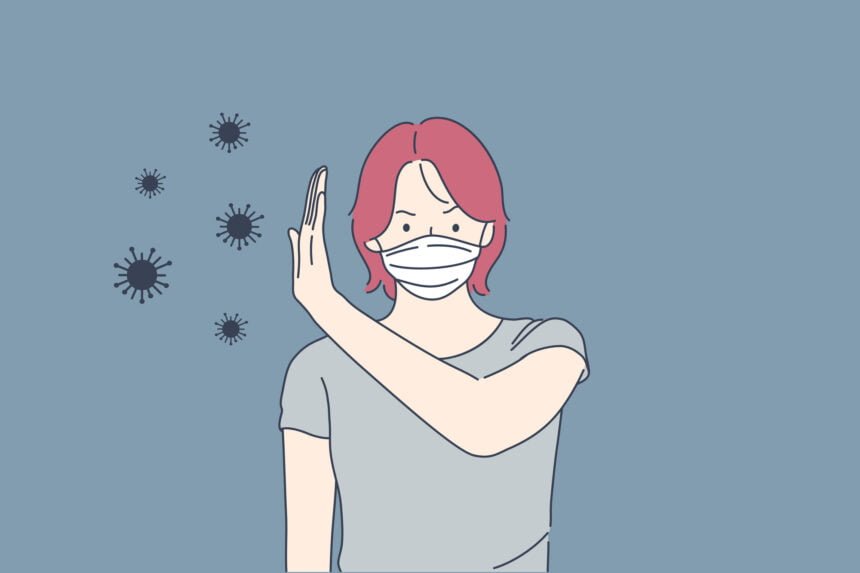Living abroad as an expat is something many people fantasize about since it’s an opportunity to learn new languages, cultures, and even about themselves. However, there are a lot of challenges to be aware of. There will be bouts of homesickness, culture shock, and sometimes even illnesses.
Figuring out how to get medical care, dealing with language differences, and finding the right doctor can quickly become stressful. The comfort of what you know is gone, replaced by the uncertainty of a new place. That’s why it’s important to have a plan and a good international health insurance policy before you get sick if you’re living in a new country. In this article, we will cover some of the ways you can prepare for a medical emergency while living abroad.
1 – Understand the local healthcare
Before you get sick, it’s a good idea to find out what healthcare options are available in your area. Since things might be different from what you’re used to back home, doing a little homework now can save you a lot of hassle later. Look up the nearest hospitals and clinics and try to find doctors who speak your language or offer translation services.
Understanding how the local healthcare system works is also important. Some countries have strong public healthcare systems, while others rely more on private care. Figuring out which one is better for you can help you avoid any surprises, especially when it comes to costs. Knowing whether you’ll need to pay out of pocket or if your health insurance will cover it can make a big difference when you’re not feeling well.
Ask around and find out from other expats how they navigate the local healthcare system. Their experience will allow you to understand the practical aspects of using the healthcare system. It’s this experience that will help you understand how things really work and what you can expect.
2 – Learn the basics of medical vocabulary
Learning a few key medical words in the local language can be super useful. Even if your doctor speaks your language, there might be times when you need to explain your symptoms to someone who doesn’t, like at a pharmacy. Figure out how to describe your ailments in the local language so you can get the right medication for things like an upset stomach or sore throat.
If you rely on over-the-counter meds like painkillers, cold medicine, or allergy pills, it’s worth checking out what’s stocked in local pharmacies and also learning what they are called in the local language. Often, what you’re used to taking is known by the brand name and will be called something different in other countries.
It’s helpful to learn the language as fluently as possible to integrate, but start with the basics of medical vocabulary so you can get the right treatment when you need it. This should include what to say if you have to call emergency services for a medical emergency. Not knowing how to describe the issue will waste valuable time.
3 – What to do when you start feeling sick
When you start feeling sick, it’s important to act quickly, especially when you’re living in a foreign country. Try to figure out how serious your symptoms are and learn how to describe them in the local language.
If it’s something mild, like a cold or a low fever, you might be able to handle it with rest and some over-the-counter medicine. But if you’re feeling really bad, like with strong pain, a high fever, or anything that feels unusual, it’s best to get medical help right away.
For minor symptoms, heading to a local pharmacy can be a good start. Pharmacists in many countries can give you advice and recommend medicine without needing to see a doctor for a prescription.
If your symptoms are more serious, it’s important to visit a doctor or go to the hospital. Knowing where the closest clinic or hospital is will save you a lot of stress. If you’re worried about the language barrier, try to bring someone who can help translate, or use a translation app to communicate with the medical staff.
4 – Recovery tips
After getting medical help, the next step is focusing on your recovery. It’s important to follow the doctor’s instructions carefully. Take any prescribed medications as directed and stick to any advice about resting or taking care of yourself. If the doctor wants to see you again for a follow-up, be sure to go to that appointment so they can check on how you’re doing.
As you recover, pay attention to how you’re feeling. If your symptoms get worse or if something new pops up, don’t hesitate to reach out to a doctor again. It’s always better to be safe and get checked out if something doesn’t feel right.

